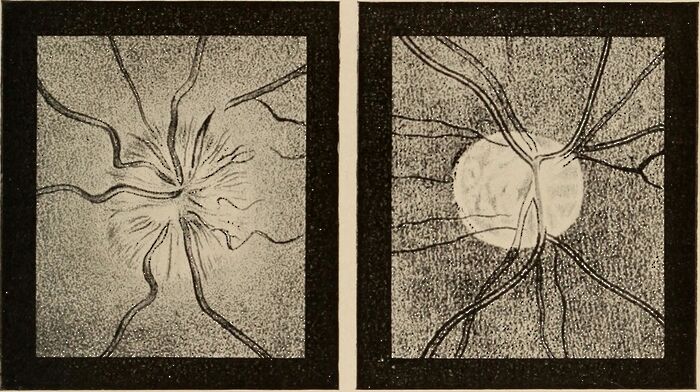Searching for the gay mums in the media
The importance of positive representation of LGBT+ families on the screen

There’s this thing that bisexual and gay teenagers do when they start to figure out that maybe sex and attraction look a little different for them. It’s the slow, painstaking trawl through books and cinema, TV shows, video games, song lyrics, YouTube channels, poetry, magazines, whatever happens to fall into your hands, to find people like you. To see your new, confusing, often isolating, feelings reflected back at you in the story of someone else. To see yourself realised, normalised. It is both lonely and invigorating. It is boring and moving and life-affirming all at the same time. It leaves you seasons deep into shows you’d have abandoned long ago, were it not for the novelty of seeing a same-sex relationship like yours actually play out on screen (ahem, Pretty Little Liars).
To see yourself realised, normalised. It is both lonely and invigorating.
I thought I knew about the thirst for representation because, as part of the process of accepting my bisexuality, I’d done this trawl. I’d combed through chapter after chapter and episode after episode of the most atrocious crap for a brief scene of two women in love. But at 16, when my Mum sat me down to explain that she was gay and a new friendship she’d begun was, in fact, a relationship, I discovered that there was a whole other search to be done.
But where were the gay mothers in media? According to a 2013 estimate, there are 20,000 children in this country being raised in same-sex households, but where are we when it comes to television and cinema? There are gay couples who had babies, but that was a completely different story to the one I had found myself in; those stories centred on the mothers and on children who would grow up in families which had never been any different. There were a few gay dads – Modern Family being the most obvious example, and, pleasingly, a couple of shows that were beginning to look at the relationships between trans mothers and their children.
When my Mum sat me down to explain that she was gay and a new friendship she’d begun was a relationship, I discovered that there was a whole other search to be done.
But among the ever expanding LGBT+ representation in fiction I still felt a gap. There was no screen time or literature for what it was like to be raised by a gay woman. The first time I ever remember seeing that was in Russell T Davies’ anthology series Banana about a collection of young LGBT+ people. The story wasn’t even about the mother-daughter relationship, with the mother appearing for only a couple of scenes to discuss the daughter’s new romance, but to me it felt extraordinary. Not only was I seeing a TV programme countenance the possibility of two LGBT+ people in the same family (a statistical likelihood generally unacknowledged), but I was glimpsing something I’d never seen outside the confines of my own living room before: a mother and daughter, both members of the LGBT+ community, talking about love, family, and sexuality in a way that felt totally natural. (It probably helped that Davies handed the writing of this episode over to a gay woman, Sue Perkins.)
But, elsewhere, such positive models were few and far between. A concerningly common thread running through a lot of portrayals seems to be selfishness – that there is something a little self-serving about the mother whose children have to manage her coming out, or the appearance of a new female partner. My excitement when the main character of Grey’s Anatomy spinoff Private Practice had her mother come out was short-lived, as the show treated her new relationship as just another symptom of the character’s self-absorption and disregard for her kids.
Recently, Netflix’s already controversial To The Bone heavily implied that the protagonist’s eating disorder was related to the stress of her mother moving in with another woman. I’m sure there are selfish lesbian mums out there who only have eyes for their partners, just like there are selfish straight mums who can’t think past their latest boyfriend. But nothing could be further from my own experience of two women who were keenly aware of the need always to prioritise their four kids, and who maintained a healthy and functional relationship. Which isn’t to say it was always easy, but I suppose this is the balance that representation must always strike: portraying something that admits the drama and messiness of experience alongside its normal and recognisable everyday reality.
 News / Eight Cambridge researchers awarded €17m in ERC research grants27 December 2025
News / Eight Cambridge researchers awarded €17m in ERC research grants27 December 2025 News / Clare Hall spent over £500k opposing busway 24 December 2025
News / Clare Hall spent over £500k opposing busway 24 December 2025 Comment / League tables do more harm than good26 December 2025
Comment / League tables do more harm than good26 December 2025 Comment / The ‘class’ of Cambridge24 December 2025
Comment / The ‘class’ of Cambridge24 December 2025 News / Caius mourns its tree-mendous loss23 December 2025
News / Caius mourns its tree-mendous loss23 December 2025









